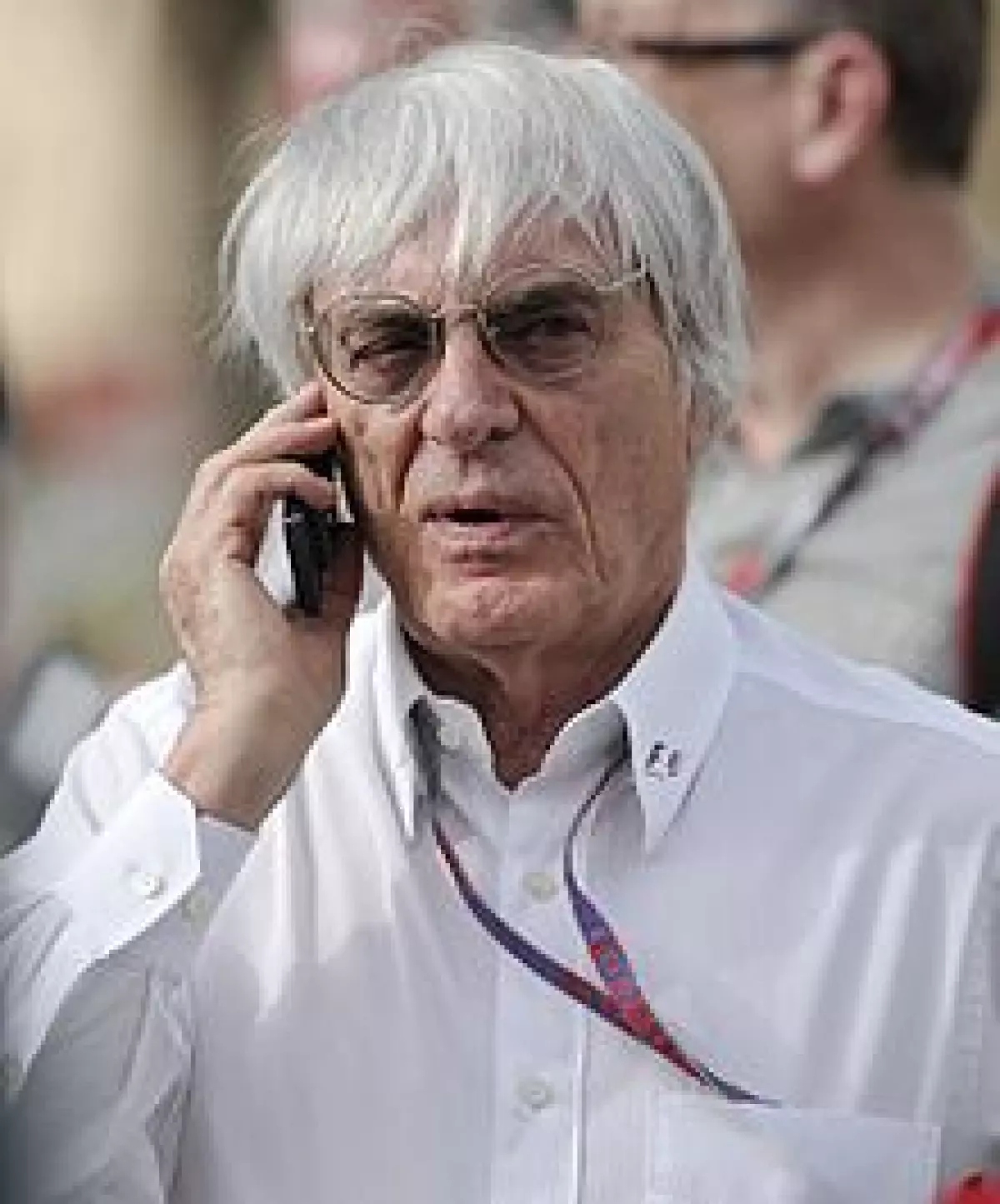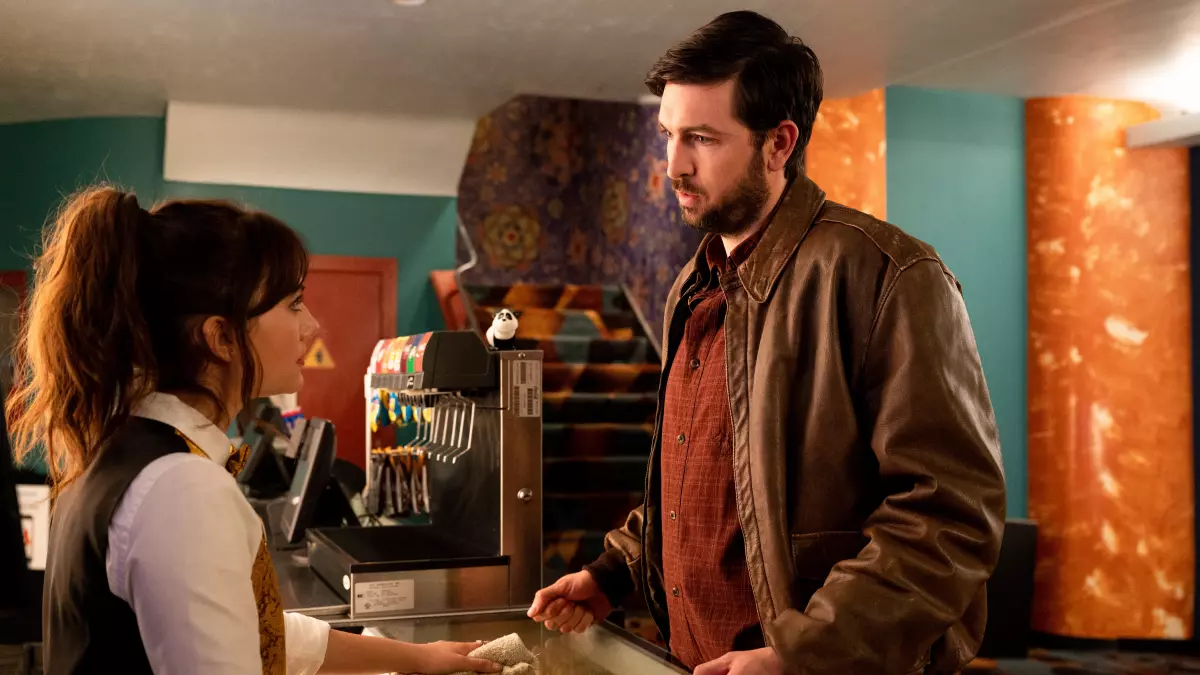The Lord of the Rings is an American-New Zealand film trilogy that showcases the timeless fantasy world created by J.R.R. Tolkien. Directed by Peter Jackson, these three movies – The Fellowship of the Ring (2001), The Two Towers (2002), and The Return of the King (2003) – have left an indelible mark on the history of cinema.
A Cinematic Marvel
Considered one of the most ambitious projects in the history of filmmaking, the trilogy had a budget of $285 million. Peter Jackson began developing the project in 1995, and after Miramax Films dropped it, New Line Cinema took over. The entire project took eight years to complete, with the filming of all three movies happening simultaneously between October 1999 and December 2000, entirely in New Zealand. Each film of the trilogy also released an extended version on DVD, which was well-received by fans.
Embarking on a Quest
Set in the fictional world of Middle-earth, the story follows the hobbit Frodo Baggins (played by Elijah Wood) and the members of the Fellowship of the Ring as they embark on a quest to destroy the One Ring and ultimately defeat its creator, Sauron. Along the way, the Fellowship faces challenges, divides, and reunites, with Frodo being accompanied by his loyal companion Sam (Sean Astin) and the treacherous Gollum (Andy Serkis). Meanwhile, the wizard Gandalf (Ian McKellen) and Aragorn (Viggo Mortensen) rally the free peoples of Middle-earth to wage the War of the Ring.
Achieving Greatness
The Lord of the Rings trilogy was a tremendous commercial success, grossing nearly $3 billion at the box office. The films were not only financially successful but also received critical acclaim, winning a total of seventeen Oscars out of thirty nominations. The final film, The Return of the King, even set a record by winning all eleven Oscars it was nominated for, matching the achievements of Ben-Hur and Titanic. The trilogy also brought renewed interest and recognition to Tolkien's work, despite some controversies regarding the differences between the books and their adaptation.
An Everlasting Legacy
After the success of the trilogy, Peter Jackson decided to adapt Tolkien's prequel, The Hobbit, into a film series between 2012 and 2014. The Lord of the Rings films also had a significant impact on tourism in New Zealand, with many fans visiting the filming locations. The films attracted millions of visitors, leading to a surge in tourism revenue for the country.
The Lord of the Rings film series remains a cinematic masterpiece that captivates audiences with its epic storytelling, stunning visuals, and unforgettable characters. It has become a cultural phenomenon, leaving a lasting legacy in the world of cinema.















